|
In India, the children who attend our learning centres have been struggling to readjust to life back at school after two years of disruption and intermittent school closures as a result of the pandemic. Some children have not returned to school at all. But we’ve been working hard to support the children back into the classroom and help them recover from the trauma they experienced through lockdown. In India, we support 31 Learning Centres in Patna, Bihar State, offering education to around 1,000 Dalit children who face crippling discrimination in mainstream government schools. Our Learning Centres provide a safe, protective space for them to learn and play. These learning centres were closed for months on end throughout the worst of the pandemic, which had a devastating effect on the children. Families struggled to buy food and supplies, many lost livelihoods, and children were forced to work to support their households. So many have also lost loved ones to the virus. Our partners, and the children themselves have been working together to support each other as they return to the classroom and recover from the trauma of the past two years. BACK TO SCHOOL CAMPAIGNWhilst schools were closed, many children were forced to work in local brick kilns, farms and shops to support their families. When schools reopened in 2021, many of these children continued to work and did not return to their classrooms. But thanks to an ongoing ‘Back to School’ campaign led by the students themselves, many children have now come back. Students Juli Kumari and Jyoti Kumari have been a wonderful asset to the campaign, going around their villages to encourage students back to their classrooms. Between them in the last few months they have helped 14 children to return to classes. Aaaliya, attends the learning centre we support at Stalin Nagar and was sad that many of her friends didn’t return to class after lockdown. At just six years old, she went around her village and spoke to her friends, reminding them how happy they were at school, playing, singing and learning together. Thanks to her pep talks, she’s brought 8 of her friends back to class! CARE & SUPPORT FOR CHILDRENLockdown was difficult for many of the children at the learning centres and they have found it hard to adjust to being back in the classroom with its regular routines and learning activities. Some children had developed fears about the virus and vaccinations; some genuine and some based on misinformation and many had experienced trauma as a result of the virus and accompanying lockdowns. Either through losing loved ones, seeing their parents lose their livelihoods or from increased domestic abuse at home. To support the children and help them readjust and recover, teachers at the learning centres have made special efforts to identify those who need extra support and give them extra care, consideration and support, not just academically, but emotionally too. Students have been given plenty of space to vent their stress, trauma and fears, as well as played games and creatively interacted with them. The teachers also arranged a debate competition on the theme of COVID 19, which helped to bring out any fears and misconceptions the children had and address them. This was followed by a similar debate on the use of hand sanitizers. COUNSELLING FOR PARENTSTeachers have been speaking with parents, and have been offering counselling to hundreds of parents over the past few months. The teachers are hoping that this will help to improve communication between parents and children. The sessions have really helped parents to relate to their children better as well as take a better interest in and responsibility for their education. Rita Devi is the mother of a 10 year old girl who attends one of the learning centres, she told us: “I always monitor the learning progress of my daughter. I go regularly to the centre and personally look into the syllabus portions my daughter has learnt. Regular monitoring and the interest taken by the parents help very much in motivating and encouraging our children to learn well and behave well”. ENCOURAGING KINDNESSEncouraging the principle of kindness to everyone is an important part of the programme in India. Many celebrations are organised throughout the year, which all help to inspire the community to look out for each other. At Christmas, the children arranged a collection to help poorer children, buying small gifts like warm socks which were distributed over the festive period. 10-year-old Aditya Kumar lives with his uncle’s family, after losing both his parents. His uncle's family was unable to afford school fees so Aditya wasn’t attending school. During one of the Christmas collections, students Ansu Kumari and Neeraj Kumar visited Aditya’s home. They told him all about the Learning Centres and he was very keen to come along. The children returned to his house to let the uncle and aunt know that the learning centres are free to attend, so they agreed to send him. Aditya is now a regular learner at Stalin Nager Learning Centre. ‘FLOURISH’ PROGRAMMEAlongside support to help children readjust to school life after lockdown, our partners have also introduced a training programme called ‘Flourish’, to help teenagers to navigate the emotional, physical and mental developments they experience during adolescence. Teachers had some training and were then able to deliver the course to 340 young people, aged 14-18 years recently. Those who took part told us how they hadn’t experienced this kind of learning before, nor had they had the chance to reflect on the changes they are going through during puberty.
Many of the children acknowledged the impact that their physical and hormonal changes were having on their thoughts, emotions and behaviour. The parents who participated also told us they were able to be more sensitive, considerate and understanding towards their growing children. Teachers reported that they too found the training helpful in understanding their students better and it helped them to solve various behavioural issues. Many told us it has helped them become more considerate, understanding and friendly in the way they interact with children of this age in their learning centres. Our partners will continue to work hard to support the children as they get used to life back in the classroom. Support usComments are closed.
|
RECEIVE OUR EMAILSBlog Categories
All
Archives
July 2024
|
|
JOIN US ON SOCIAL MEDIA
|
Annual Report | Contact Us | Jobs | Media Centre | Resources | Shop
Accessibility & Policies: Accessibility | Equity, Diversity & Inclusion Policy | Complaints| Privacy Policy | Safeguarding
Accessibility & Policies: Accessibility | Equity, Diversity & Inclusion Policy | Complaints| Privacy Policy | Safeguarding
Children on the Edge, 5 The Victoria, 25 St Pancras, Chichester, West Sussex, PO19 7LT, UK | 01243 538530 | [email protected]


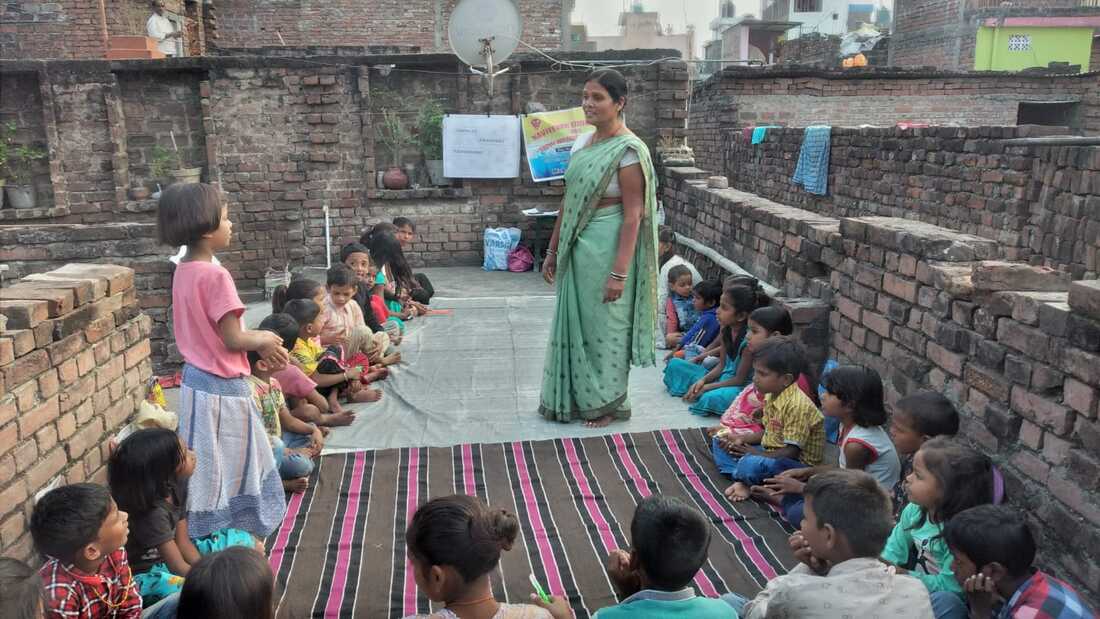
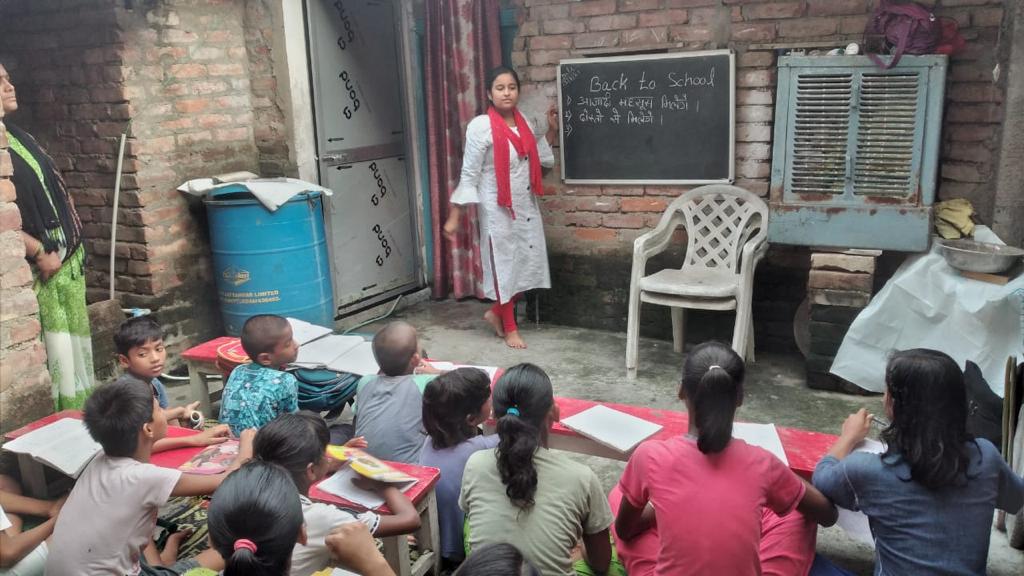
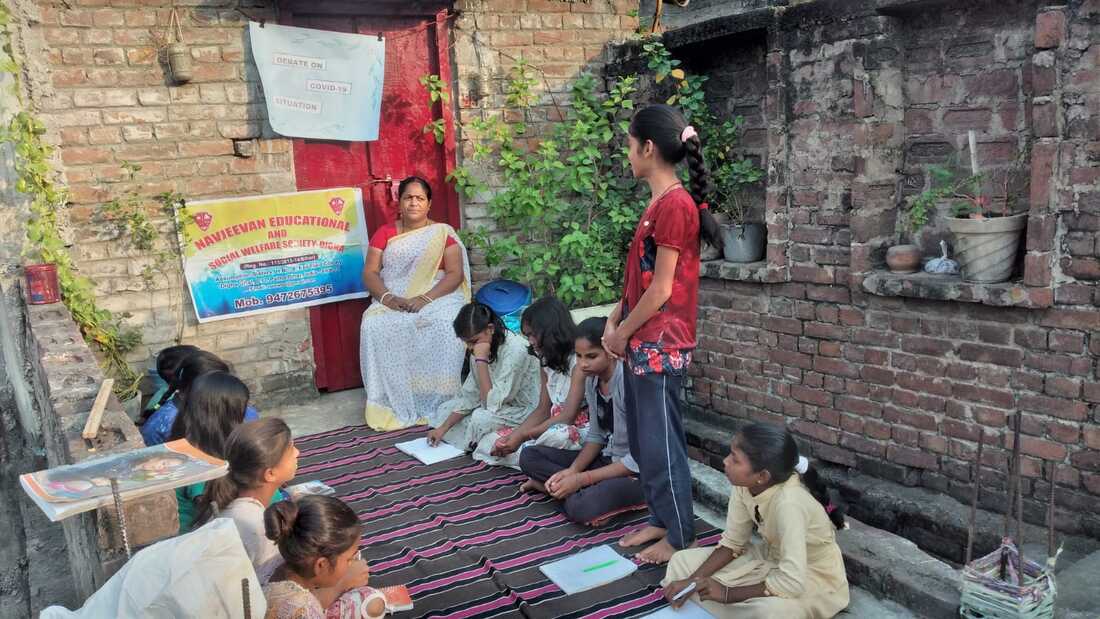
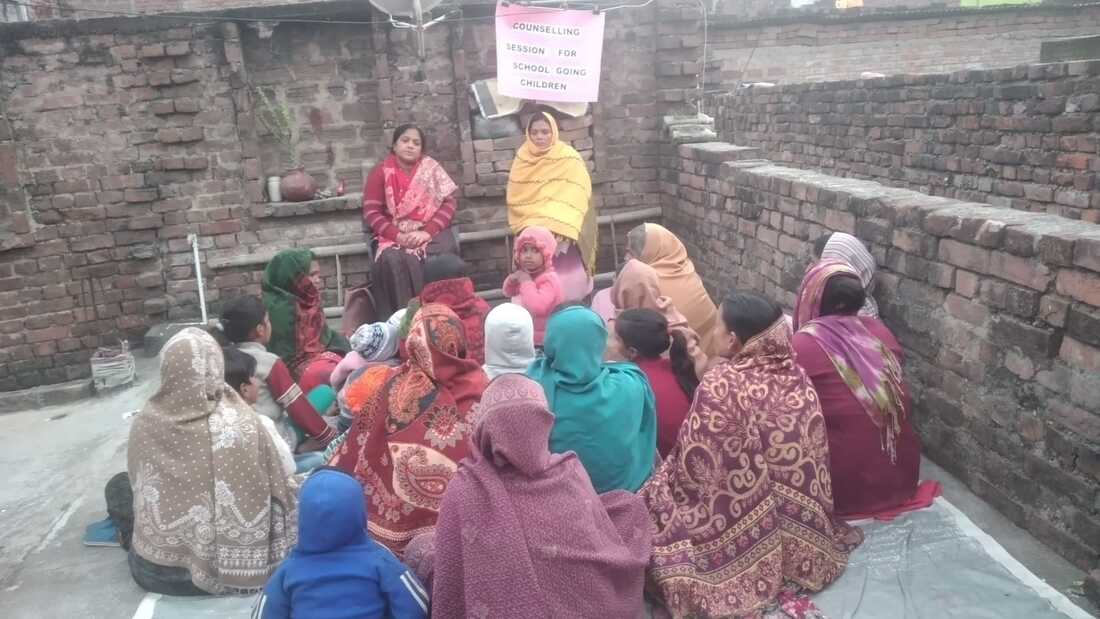
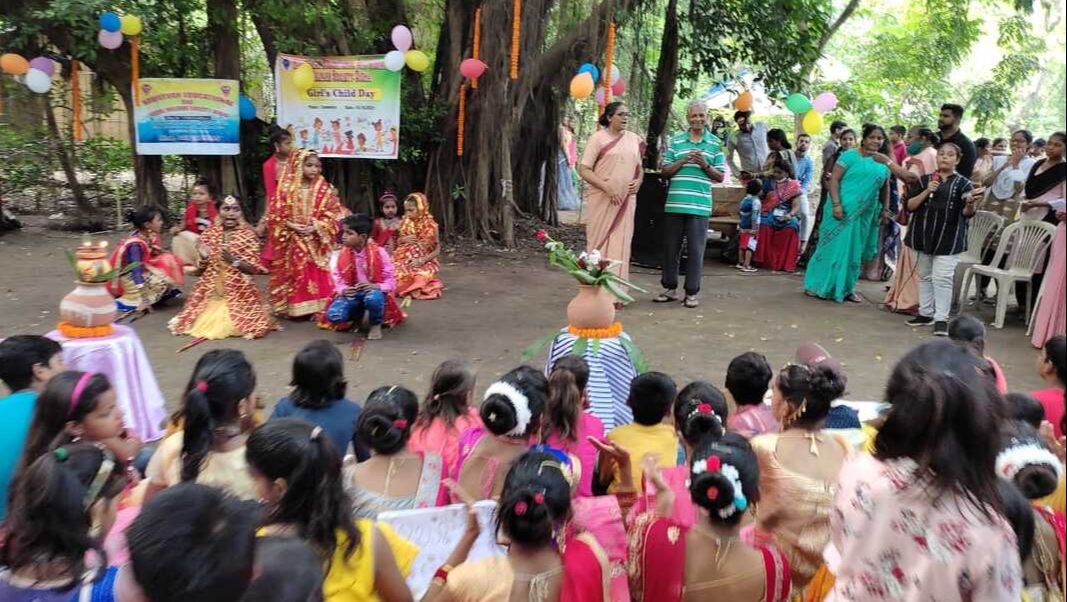
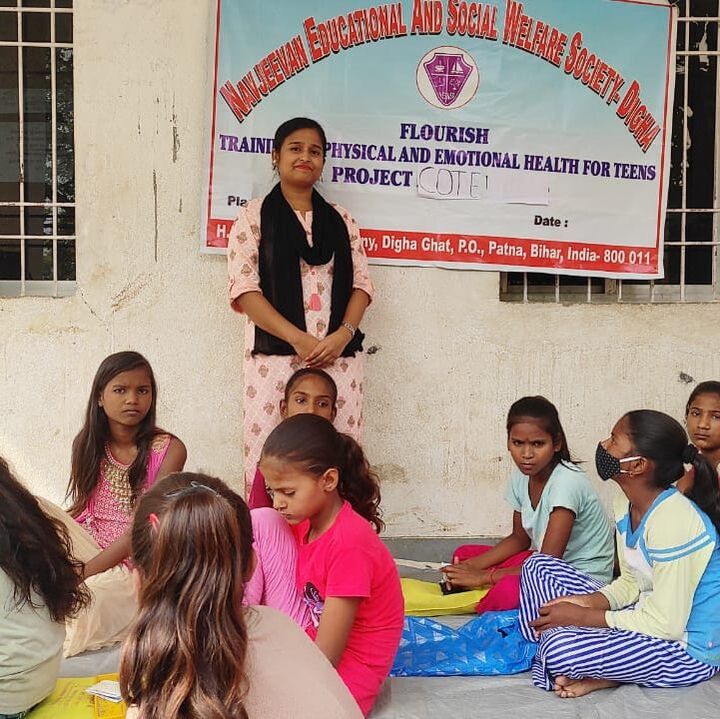
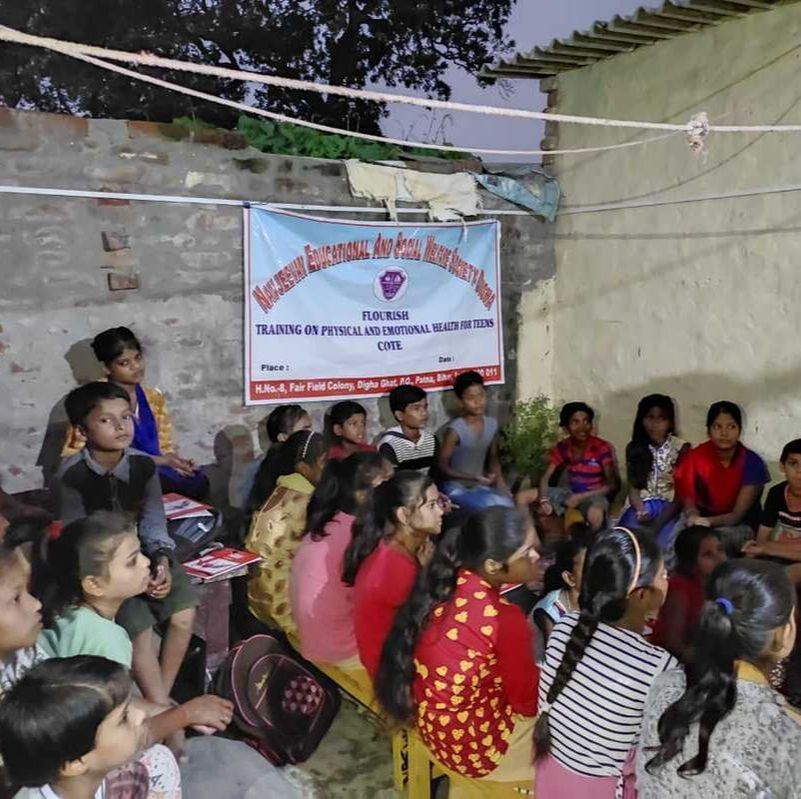
 Give monthly
Give monthly Fundraise for us
Fundraise for us RSS Feed
RSS Feed
